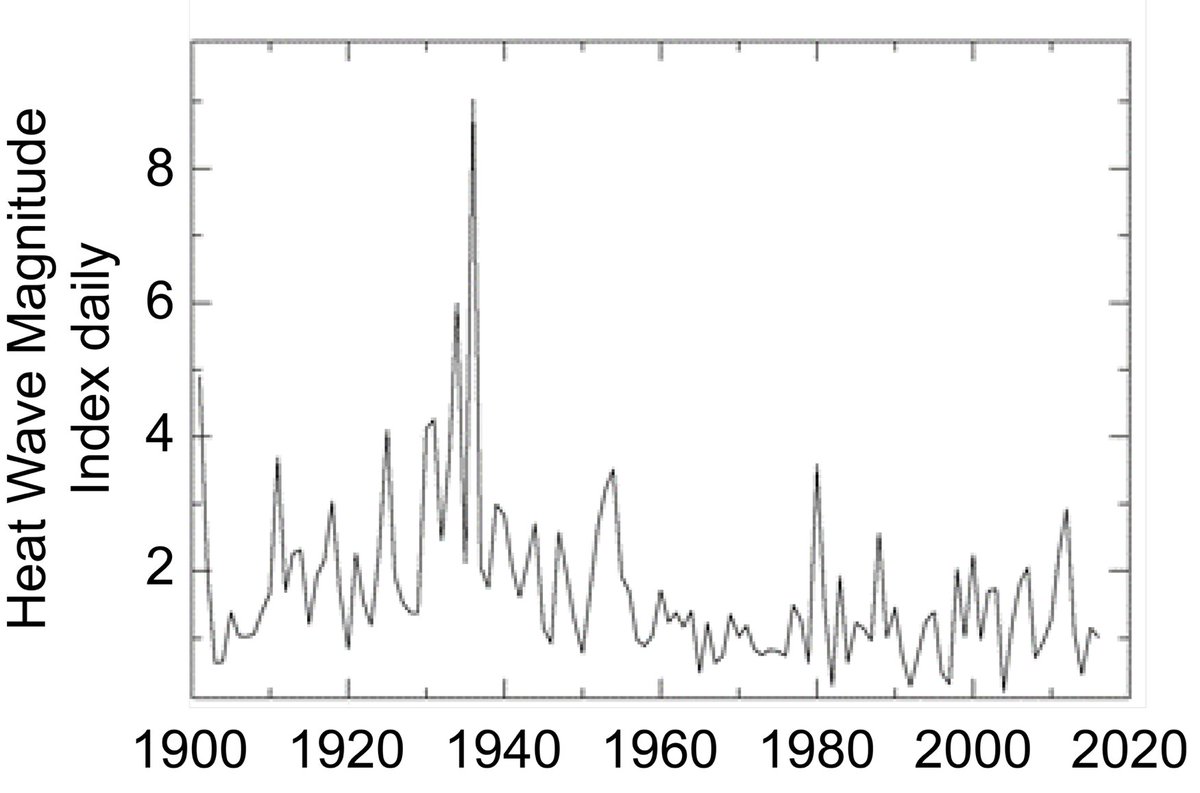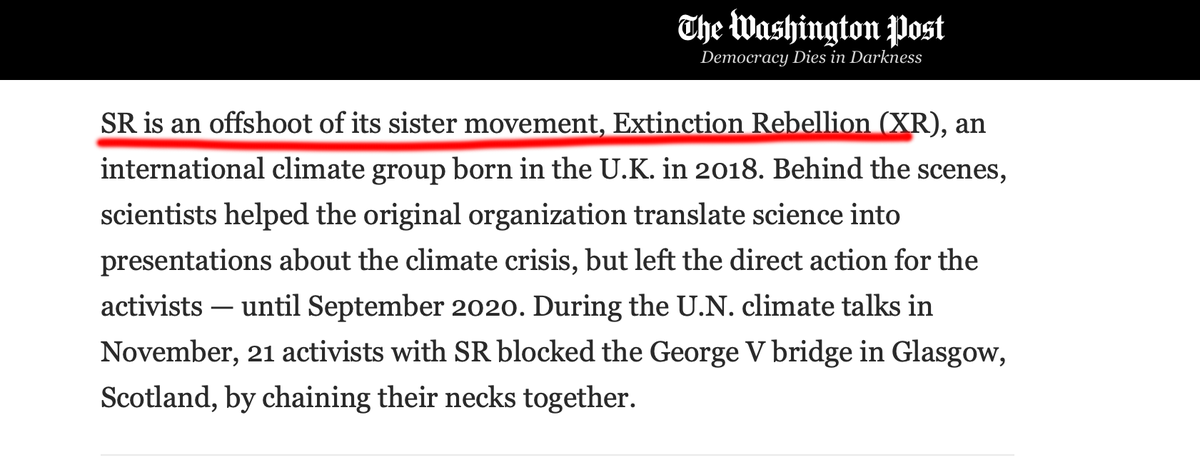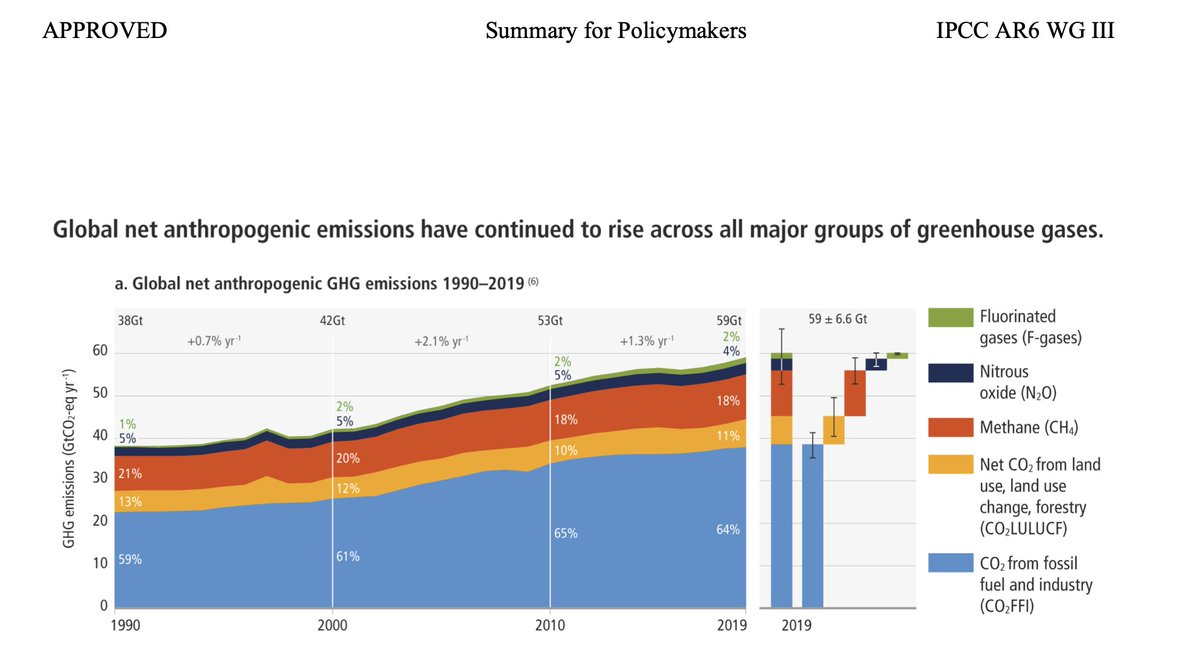
Lyin' Biden rolls out the #9000LeasesDodge in his speech at the port of Los Angeles.
Biden, of course, erroneously calls the leases "permits."
Here is the rest of the #9000LeasesDodge debunked. 1/
Biden, of course, erroneously calls the leases "permits."
Here is the rest of the #9000LeasesDodge debunked. 1/
There are about 37,496 leases in effect.
75% are being used.
This is a historic high. 2/
75% are being used.
This is a historic high. 2/
Many leases are held up in litigation by environmental groups.
Industry is in court defending over 2,200 leases, most of which cannot be developed while those cases are ongoing. 3/
Industry is in court defending over 2,200 leases, most of which cannot be developed while those cases are ongoing. 3/
Companies must put together a complete leasehold before moving forward, particularly with the long horizontal wells that can cut across multiple leases.
Sometimes a new lease is needed to combine with existing leases to make a full unit. 4/
Sometimes a new lease is needed to combine with existing leases to make a full unit. 4/
Since the Biden leasing ban remains in effect with no onshore lease sales held since 2020, some leases are held up waiting for new leases or for the government to combine them into a formal unit. 5/
Before allowing development on leases, the government conducts environmental analysis under NEPA (the National Environmental Policy Act), which often takes years to complete. Many leases can be hung up by NEPA or awaiting other government approvals. 6/
Not all leases will be developed because, after conducting exploratory work, companies may determine there are not sufficient quantities of oil and natural gas on them. 7/
There are 4,621 permits to drill awaiting approval. The government could approve these permits now, enabling companies to forward with development. There are also about 9,173 outstanding approved permits, but there are factors that cause companies to wait to drill those wells. 8/
B/c of the uncertainty of operating on federal lands, companies must build up a sufficient inventory of permits before rigs can be contracted to ensure the permits stay ahead of the rigs. It's a delicate balancing act. 9/
The federal permit to drill is not the only government approval required. Rights of way can take years to acquire before companies can access their leases and put in natural gas gathering systems. 10/
With the pressure not to flare from regulators and investors, most companies cannot drill before gathering lines are in place. Timely approvals of ROWs would enable companies to develop sooner. 11/
The administration has worked with anti-oil and gas activists to slow pipeline infrastructure. Without pipelines to move the oil and natural gas produced, wells cannot be developed. 12/
Capital must be acquired. Activist investors, encouraged by an administration intent on expanding its financial regulatory powers, have worked to de-bank and de-capitalize the industry. 13/
Many companies, particularly the small independents who drill the majority of federal wells, are having difficulty acquiring the credit and capital necessary to develop. 14/
By calling off bureaucratic efforts to deny financing to the industry, the president would send a strong signal to the market that investments in oil and natural gas are safe and new production can move forward. 15/
The Biden regime has embarked on an agenda of regulatory overreach with extensive new regulations in the works. 16/
The uncertainty of all the new red tape puts a damper on new investment and development today, especially on federal lands where the burden is highest. Consequently, companies prioritize their nonfederal leases because there’s less regulatory risk. 17/
• • •
Missing some Tweet in this thread? You can try to
force a refresh


















